5 Key Tips to Avoid a Water Damage Disaster in Your Home

by
Wet & Forget
(IC: professional)
It’s every homeowner’s nightmare. Ryan S. was relaxing in his favorite chair one evening with a bag of chips and his favorite TV show, waiting to put a load of laundry in the dryer. He suddenly heard water splashing and ran into the bathroom to find filthy water flowing out of the bathtub drain and pouring out of the toilet, rushing towards the lovingly-refinished hardwood floor in the hallway. A clog in a drain pipe buried in Ryan’s yard had caused a disgusting and costly backup into his beloved home when his washing machine started to drain. Before he knew it, Ryan had huge repair costs on his hands. Don’t let this happen to you! Read on to learn about preventing budget-busting water damage and protecting your home.
Water Damage Disaster
Make sure your gutters and downspouts are doing their jobs
Enjoyed the project?
Published March 8th, 2016 11:25 AM
Comments
Join the conversation
1 comment
-
 Michael Stoner
on Mar 23, 2017
Michael Stoner
on Mar 23, 2017
Hey!
That's a nice blog! Yeah water damage really becomes a headache for many homeowners. Preventing your home from water damage is seriously not an easy task to do. There are many measures one need to take care, to prevent a home from water damage. This tips will help a lot to the homeowner in preventing their home from water damage. My friend has recently filed an insurance due to this water damage issue and she suggested me to hire a water damage adjuster(http://allclaimsusa.com/services-view/water-damage-boca-raton-fl) for filing a claim and getting insurance money instantly for the repairing.
-

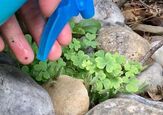

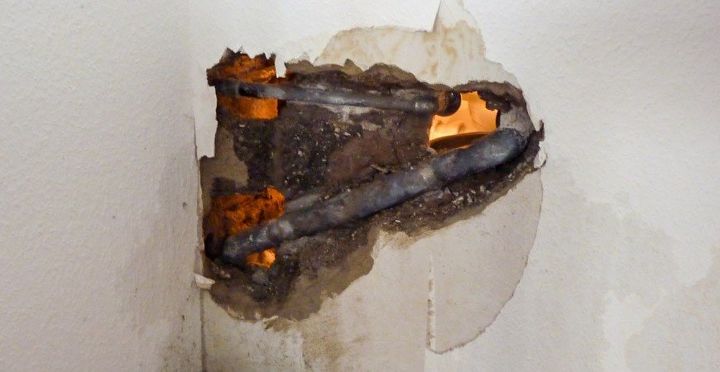


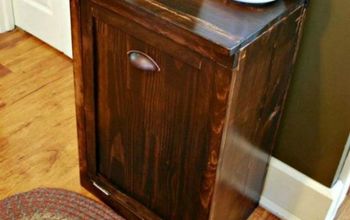
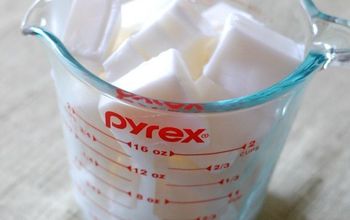
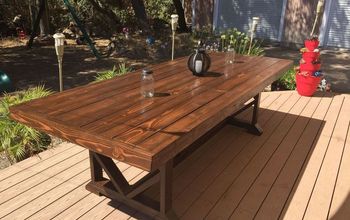
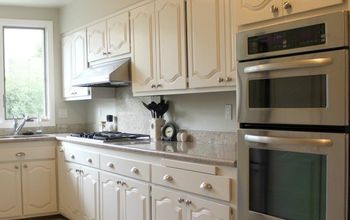
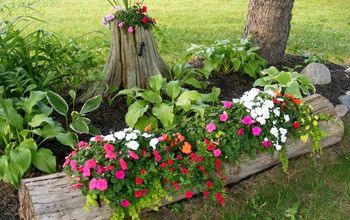
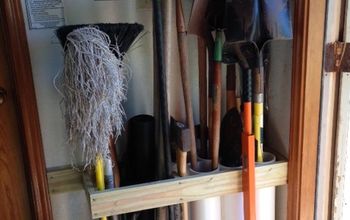
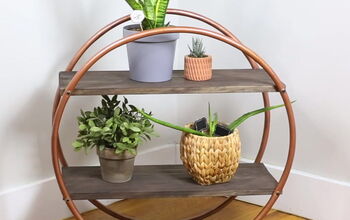




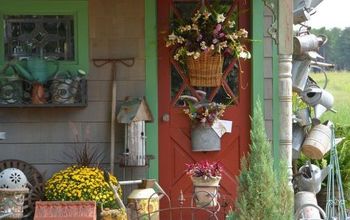
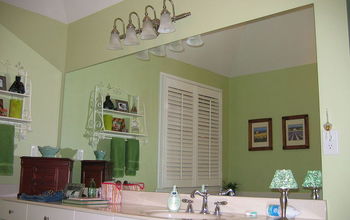
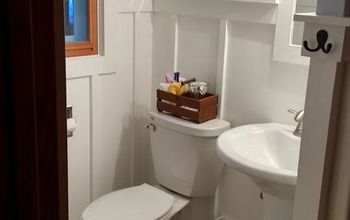
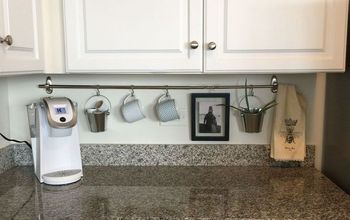
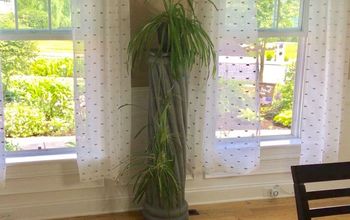
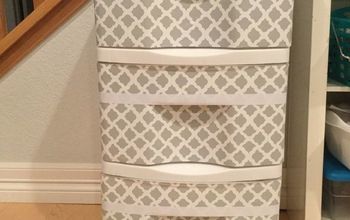


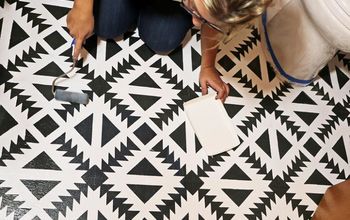
Frequently asked questions
Have a question about this project?